PROBLEM STATEMENT
Modern society is facing an increasing demand for psychological support among vulnerable population groups, such as the disabled, the underprivileged, migrants, and refugees. The elderly also desperately need psychological support, especially in light of the aftermath of the COVID-19 pandemic, which has exacerbated the issue of social isolation and worsened many people’s mental health. Mental health plays a key role in an individual’s ability to lead an active and socialized life, and the current global challenges only underscore the urgency of this issue.
Particularly alarming is the situation of individuals who have experienced military trauma, for whom urgent psychological and psychiatric assistance becomes a matter of survival. The timely provision of psychological support is critical, yet it often encounters obstacles in the form of long waits and bureaucracy, especially when it comes to accessing free assistance.
The development of modern society is impossible without stabilizing the mental state of its members. It has been shown that timely psychological support can reduce the number of suicide cases and improve the effectiveness of dealing with psychological traumas.
In the current environment, depression is becoming an increasingly common problem, making psychological assistance critically important in overcoming it. Nonetheless, there is significant resistance among the adult population to seeking such help, many of whom are embarrassed to consult specialists and attempt to cope with their problems on their own, leading to serious consequences.
The development and dissemination of informational materials on the availability and types of psychological assistance, as well as educating the public on recognizing the symptoms of depression and other psychological disorders, can promote a culture of seeking help. This, in turn, will help society move towards a healthier and more socialized future.
Key POINTS
- Increasing need for psychological support among vulnerable population segments
- Worsening of psychological issues due to the COVID-19 pandemic
- Critical importance of timely psychological support for individuals with military trauma
- Bureaucratic barriers and long waiting times limit access to necessary help
- The necessity of combating depression through psychological assistance
- The importance of developing a culture of seeking help and informing the public about available resources.
PROJECT GOALS
The overarching aim of our project is to provide qualified and timely psychological support to vulnerable population groups. Through our efforts, we seek to achieve the following specific goals.
Provision of qualified and timely psychological assistance: to ensure that vulnerable population groups, including those affected by life and military traumas, receive the psychological help they need promptly. This goal is centered around the elimination of barriers to accessing mental health services and ensuring that individuals can find support when they need it the most.
Minimization of the consequences of psychological traumas: to address and reduce the impact of both life and military psychological traumas. By offering specialized support and interventions, we aim to help individuals heal from their past experiences and foster resilience against future challenges.
Long-term support for mental well-being: our goal is not just to help individuals overcome their current psychological difficulties but to ensure their long-term mental well-being. This includes providing them with the tools and resources necessary for successful socialization and an active life, thereby helping them build a stable and fulfilling future.
Minimization of psychological consequences of discrimination and other forms of psychological violence: to specifically address and reduce the psychological impact of discrimination and various forms of psychological violence. Through targeted support and advocacy, we aim to create safer, more inclusive environments that respect and protect the mental health of all individuals.
Raising awareness about the importance of timely psychological support: to increase informational awareness on the critical importance of accessing psychological help in a timely manner. By disseminating information and educating the public, we hope to destigmatize mental health issues and encourage more people to seek the help they need.
Assistance in combating depression: recognizing the acute problem of depression in the modern world, we aim to provide targeted support and interventions to those battling this condition. By focusing on prevention, early intervention, and effective treatment, we strive to reduce the prevalence and severity of depression among vulnerable populations.
Through these goals, we are committed to not only addressing immediate mental health needs but also to fostering a society where mental well-being is prioritized, and support is readily accessible to those in need.
IMPLEMENTATION METHODS
To achieve our goals and provide effective psychological assistance to vulnerable groups, our project incorporates the following key implementation methods.
Individual consultations: offering personal consultations with qualified psychologists and psychotherapists to discuss and work through individual issues, allowing participants to feel heard and receive personalized support.
Psychological trainings tailored to specific needs and circumstances: designing and conducting training programs focused on specific topics such as stress management, communication skills development, and overcoming trauma effects. These programs are tailored to meet the specific needs of groups or individuals.
Support groups: organizing meetings for people experiencing similar difficulties to communicate and support each other. Support groups help participants feel a sense of solidarity and understanding, and provide an opportunity to share experiences and coping strategies.
Psychotherapy: incorporating professional psychotherapeutic assistance for in-depth work on personal issues, psychological traumas, and disorders. Psychotherapy plays a key role in the healing process and personal growth.
Informational printed materials: creating and distributing brochures, leaflets, and books that provide useful information about mental health, self-help methods, and available support resources.
Online informational materials and social media: utilizing digital platforms to expand the reach and accessibility of information on mental health. Creating content on social networks, blogs, and websites aimed at raising awareness and educating a broad audience.
Art therapy: employing creative methods such as drawing, music, theater, and dance as a means of psychological relief and self-expression. Art therapy allows project participants to explore their emotions and experiences in a safe and supportive environment.
These implementation methods were selected to cover a wide range of needs and preferences of the project participants, ensuring a flexible and inclusive approach to providing psychological assistance.
OUR EXPERIENCE
Every day, our foundation receives calls from individuals grappling with a wide range of psychological issues, from navigating challenging life circumstances to recovering from severe traumas, including those resulting from military conflicts. We recognize the critical importance of our support and are actively providing psychological assistance through various methods.
To date, we have supported over 1,500 individuals (adults, children, and teenagers), a significant portion of whom are refugees and migrants. Notably, our foundation regularly works with refugees from Ukraine residing in Poland, many of whom have experienced military trauma and are in need of specialized psychological support. These actions underscore our commitment to providing the necessary psychological support to those who need it most, regardless of their geographical and cultural background.
We have developed and implemented a program for the Spilno Poznań integration and assistance center for refugee children from Ukraine, created and funded by UNICEF. Within this program, we organized an integration club for mothers, which included art therapy sessions and psychological training sessions tailored to the specific needs of the participants.
In 2022, Yulia Talayeva, a psychologist from our foundation, initiated the creation of a crisis psychological support center. Thanks to cooperation with the Da Vinci Personal Development Center, volunteer psychologists provided crucial support to refugees from Ukraine, showcasing our flexibility and readiness to respond to the urgent needs of those we serve.
Our specialists regularly undergo supervision, enhance their qualifications, and participate in specialized seminars and conferences.
Thus, our foundation has demonstrated unwavering commitment to the psychological well-being of those facing difficulties. Our extensive experience in providing targeted support has become a reliable bastion for many families, affirming our role as a vital element of the community support system.
FUND ALLOCATION
The funds received by the “Accessible Support: Psychological Assistance Program for Youth” are earmarked for a variety of critical needs, ensuring the continuation and expansion of our vital services. Here’s how we plan to allocate these resources.
Professional services compensation: a significant portion of the funds will be allocated to remunerate our dedicated specialists, including psychologists, psychotherapists, and art therapists. These professionals are at the heart of our operations, providing the expert care and support our participants rely on.
Materials for consultations, therapy, and trainings: the effective execution of our consultations, therapy sessions, and training programs requires a range of materials. Funding will support the purchase of these necessary resources, allowing for engaging and impactful sessions.
Creation and distribution of informational materials: in our commitment to raising awareness and providing support beyond direct consultations, we will invest in creating and distributing both printed and electronic informational materials. These resources are crucial for educating the community and offering guidance on psychological well-being.
Rental fees for facilities: our programs require safe and welcoming spaces where participants can feel comfortable and supported. Funds will cover the costs of renting such spaces, ensuring that our services are accessible to those who need them.
Administrative expenses: to ensure the smooth operation of our projects, a portion of the funds will be allocated to administrative costs directly related to the implementation of the program. This includes but is not limited to, operational costs, staff training, and other essential administrative activities.
Through careful and transparent allocation of funds, our foundation is committed to maximizing the impact of every donation received. By investing in these key areas, we aim to enhance the quality and reach of our services, providing vital support to children and adolescents navigating psychological challenges.
Notice: Test mode is enabled. While in test mode no live donations are processed.





